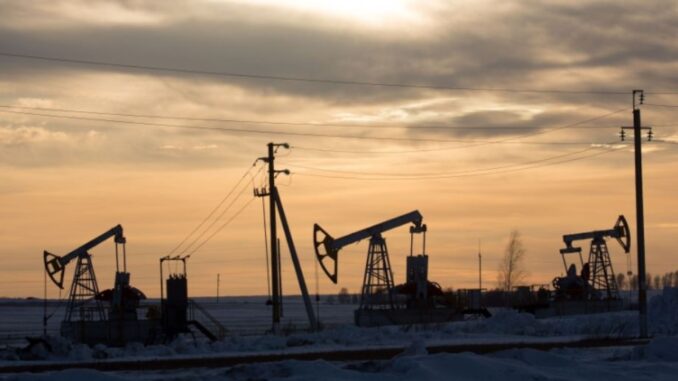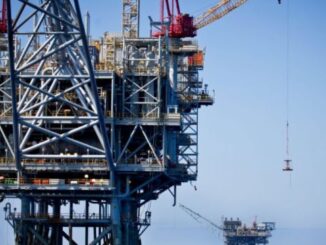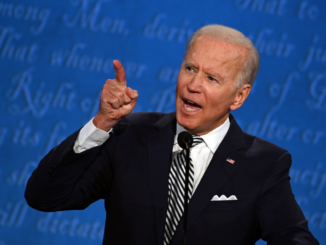
Instead of taking steps to boost U.S. oil and gas production amid skyrocketing prices and the war in Ukraine, President Biden is standing by his green-energy goals and blaming fossil-fuel companies for the consequences. This will make today’s energy problems even worse.
Though he campaigned on a promise to ban drilling on federal lands and waters, Mr. Biden’s administration now says oil companies aren’t drilling enough. Instead of “doing their part,” the president claims, too many U.S. fossil-fuel companies are “choosing to make extraordinary profits and without making additional investment with supply.”
Attributing high oil and gas prices to these companies’ greed and market power, the White House proposed new investigations into oil companies’ “anti-consumer behavior” last fall. At the end of March, the president also asked that Congress place extra fees on already-agreed federal oil and gas leases that the administration says aren’t being used. There’s nothing in these leases that obliges companies to drill and even those that want to and can afford to are often stuck waiting for further approval from the administration and courts.
On April 6, House Democrats took up the witch hunt, hauling oil executives before the Energy and Commerce Committee to accuse them of price gouging. Even sensible Democrats like former Treasury Secretary Larry Summers see through this nonsense. He noted recently that it doesn’t “make any sense at all to blame inflation on market power” and is “not serious economic reasoning.” He added that those who engage in those arguments “should be taken less seriously as a consequence.”
High energy prices are no more caused by corporate greed than the low oil prices of 2015-20 were the result of corporate generosity. Under previous administrations, drilling expanded rapidly as regulatory barriers were removed. The pandemic spurred a dramatic drop in oil demand, but it recovered more quickly than many expected. Supply lagged behind demand during 2021, with daily global oil production about two million barrels short of the world’s daily need of some 100 million barrels. Normally, higher oil prices would attract investment and spur expansion, leading to more drilling and, ultimately, prices falling. But the Biden administration’s antagonism toward fossil fuels stands in the way.
During his campaign, Mr. Biden promised to take extreme steps to crush the U.S. oil industry. Since entering office he has repeatedly paused new oil and gas permitting and leasing. Because America is the world’s largest producer of oil and gas, these policies and the threat of more hostile action have contributed to the global energy shortage and price increases. Both oil and gasoline prices roughly doubled in the U.S. from around the time Mr. Biden was elected in November 2020 to March 2022. In Europe, natural-gas and electricity prices have spiked to as much as 10 times what they were when the year began.
Even as Mr. Biden searches for ways to expand the global energy supply, he refuses to give up many of his green goals. In the past few weeks, the administration has been looking to get more oil from Canada but has insisted it won’t reconsider Mr. Biden’s decision to kill the Keystone XL pipeline.
The president also seems uninterested in reinstituting the permitting reforms he rolled back earlier in his administration, which were designed to speed up permitting for American energy infrastructure and production. Lenders don’t want to make long-term investments in an industry that seems to be on the president’s blacklist, unless the political risk the administration is imposing on new drilling can be justified by even bigger profits. This will in turn force consumers to pay even higher prices.
Democrats seem more interested in lashing out at energy executives than freeing up supply. Their excoriation of oil and gas companies, along with the added fees and threats of investigations, are scaring investors away. Last month congressional Democrats even called for a windfall-profits tax on oil companies, though oil profits aren’t high enough to bring in the investment required to fund new drilling.
The only way global economic growth can survive the current energy crisis is if investors believe the U.S. will pursue consistent and reasonable energy policies and allow companies to access America’s abundant energy supplies. Blaming oil companies for problems that aren’t their fault makes matters worse.
Source: WSJ



